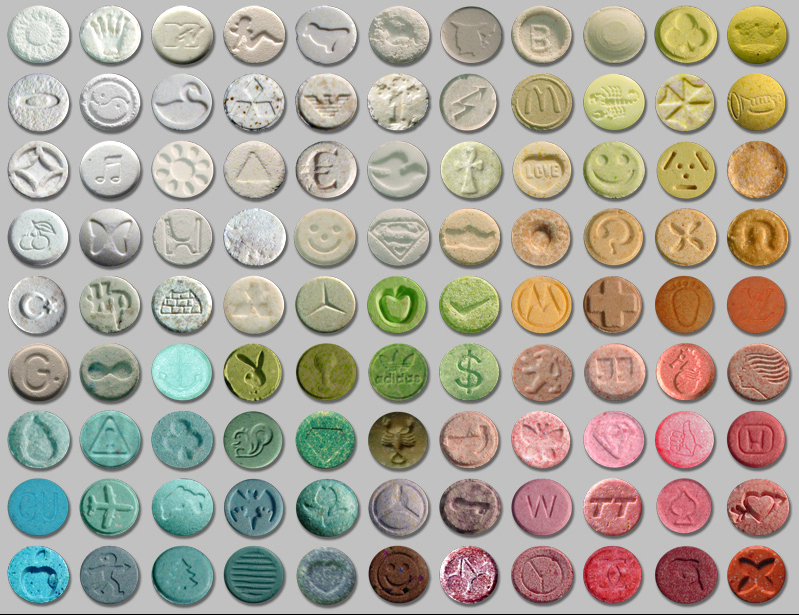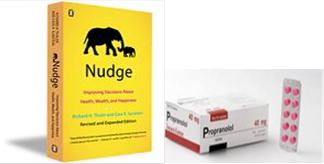Stop Persecuting Armstrong: Time for a Doping Amnesty in Cycling
By Julian Savulescu and Bennett Foddy
The anti-doping witch hunt being perpetrated by the US Anti-Doping Agency (USADA) is ruining cycling. There is a simple solution: an amnesty for dopers and relax anti-doping laws.
The Story So Far
Lance Armstrong has accused the USADA of running a vendetta amidst claims from a Dutch newspaper that 4 former team mates are witnesses against him, all of whom are riding in this year’s Tour de France. Speculation on what was offered to these riders in exchange from their testimony has focussed on a six month ban, delayed until after the Tour de France, though this has been denied. USADA has refused to name any of the 10 witnesses. Lance Armstrong, in a tweet, has labelled the anonymity and immunity offered in exchange for testimony against him as ‘selective prosecution’ and a ‘vendetta’.
Armstrong stands accused of doping violations between 1998 and 2005, and, if found guilty, will face losing all his seven wins, with accusations including the use of EPO, blood transfusions and steroids, following his treatment for cancer and throughout his Tour de France wins. His former team mates Hincapie, Leipheimer, Vande Velde and Zabriskie did not stand for consideration for the United States Olympic team. A two year federal investigation resulted in no charges filed and Armstrong has not failed any drug tests but has been dogged by rumours and accusations for many years.
The fact is though that every winner of the Tour de France has been implicated in doping since Miguel Indurain, except Cadel Evans and Andy Schleck.
Read More »Stop Persecuting Armstrong: Time for a Doping Amnesty in Cycling



